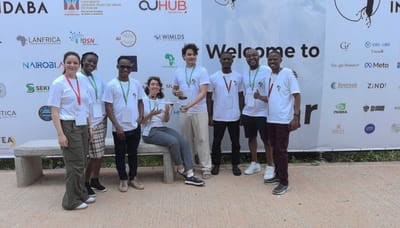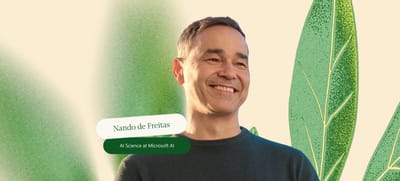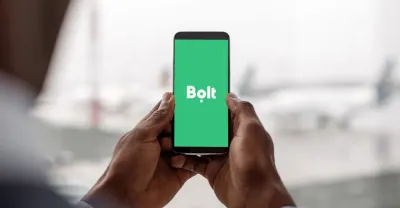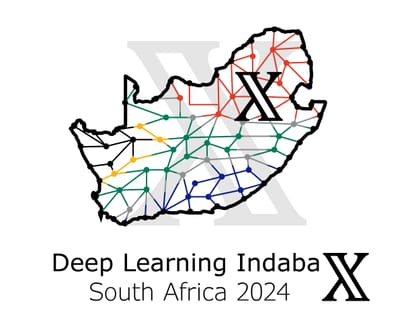The United States of America, the European Union (EU), and 32 other countries have signed and agreed to what is known as the "Declaration for the Future of the Internet." Issued by the US under the presidency of Joe Biden, the declaration covers key topics relating to the internet such as privacy, affordable internet, open internet, handling illegal content without impeding free speech, interoperability, and more.
Although it is slightly late given how important the internet has become and how it has been abused by both corporations and governments alike, it is equally welcome.
"This Declaration represents a political commitment among Declaration partners to advance a positive vision for the Internet and digital technologies. It reclaims the promise of the Internet in the face of the global opportunities and challenges presented by the 21st century. It also reaffirms and recommits its partners to a single global Internet – one that is truly open and fosters competition, privacy, and respect for human rights."
Senegal, Kenya, Niger, and Cabo Verde are the Afrikan countries endorsing the declaration
It is interesting that in Afrika only fourcountries have been announced as endorsing the declaration. It is not clear whether other Afrikan states rejected the declaration or are busy considering it.
However, the list of countries in Afrika endorsing the agreement appears to only be three despite what the White House announced. The government of Kenya, through its spokesperson, Cyrus Oguna, has issued a press release stating that "the listing of Kenya as a signatory is erroneous."
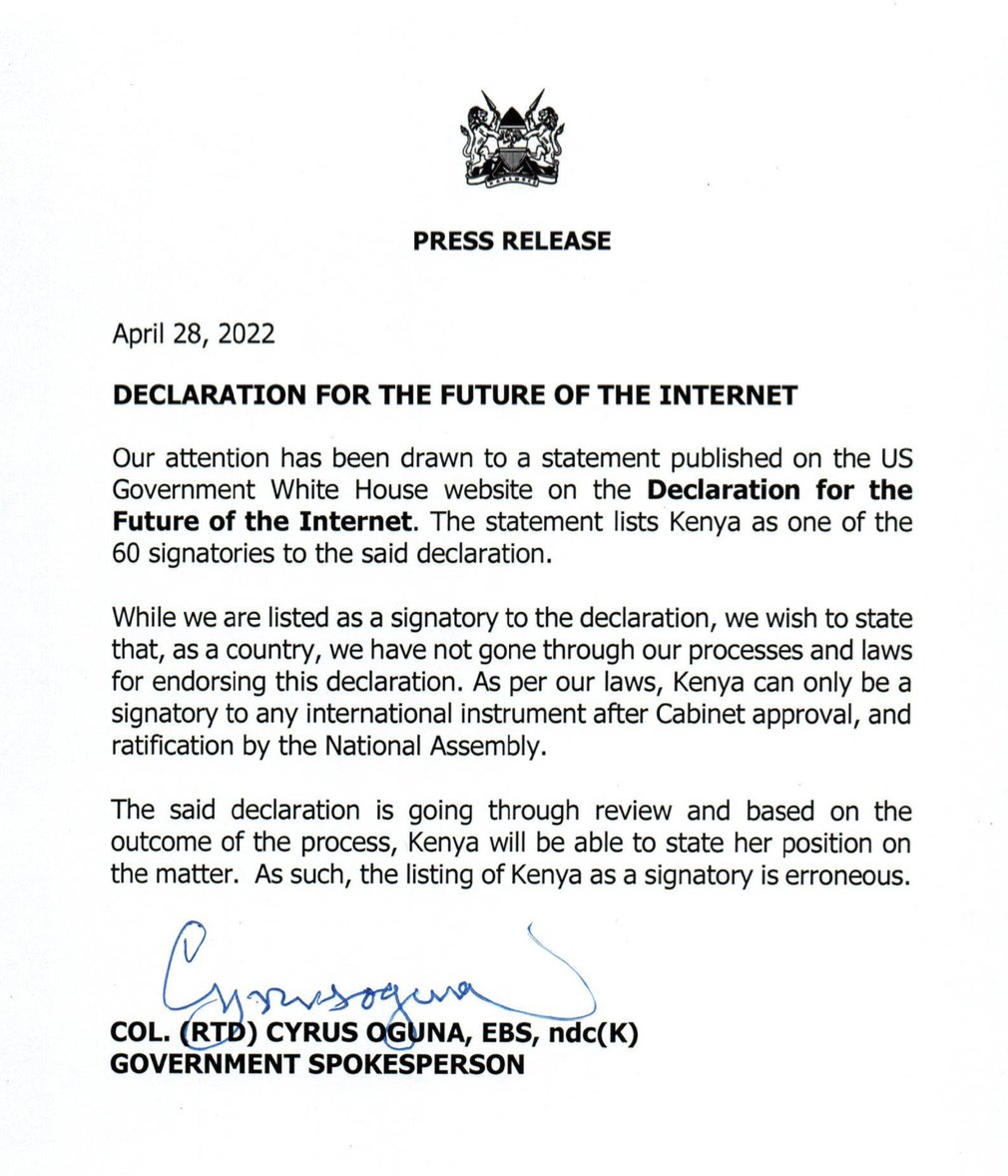
According to the East Afrikan country's government, they can only be a signatory once Cabinet has approved the declaration and the National Assembly has ratified it. This could also explain why many countries on the continent have not been listed as endorsing it as they could also possibly be required, by the constitution or specific laws, to pass it through several processes first.
Privacy, and respect for human rights
The declaration was announced at an interesting time when Elon Musk, currently the world's richest person according to Forbes' Real Time Billionaires list, has submitted a $44 billion offer to buy Twitter and take it private. One of his publicly stated reasons for acquiring Twitter is freedom of speech but many critics have cautioned against a single person being in control of an important social platform such as Twitter.
We have witnessed Twitter be used to shape political narratives with the aim of influencing elections in Afrika and around the world and the criticism is to a certain extent valid. co
The countries endorsing The Declatration have comitted to:
• Protect human rights and fundamental freedoms of all people;
• Promote a global Internet that advances the free flow of information;
• Advance inclusive and affordable connectivity so that all people can benefit from the digital economy;
• Promote trust in the global digital ecosystem, including through protection of privacy; and
• Protect and strengthen the multistakeholder approach to governance that keeps the Internet running for the benefit of all.
Given some Afrikan countries' penchant for internet shutdowns and censorship, it remains to be seen if they will join and become signatories to The Declaration.
"In signing this Declaration, the United States and partners will work together to promote this vision and its principles globally, while respecting each other’s regulatory autonomy within our own jurisdictions and in accordance with our respective domestic laws and international legal obligations."
It is expected that all endorsing countries will next reach out to the private sector, international organizations, the technical community, academia, and civil society, and other stakeholders "to work in partnership to achieve the vision of an open, free, global, interoperable, reliable and secure Internet," reads a statement by the European Commission.
There is also an event scheduled for the middle of 2022, where it is expected that endorsing countries will discuss with the multi-stakeholder community how the Declaration and its principles can elevate and support the future of the global internet.
— By Tefo Mohapi



